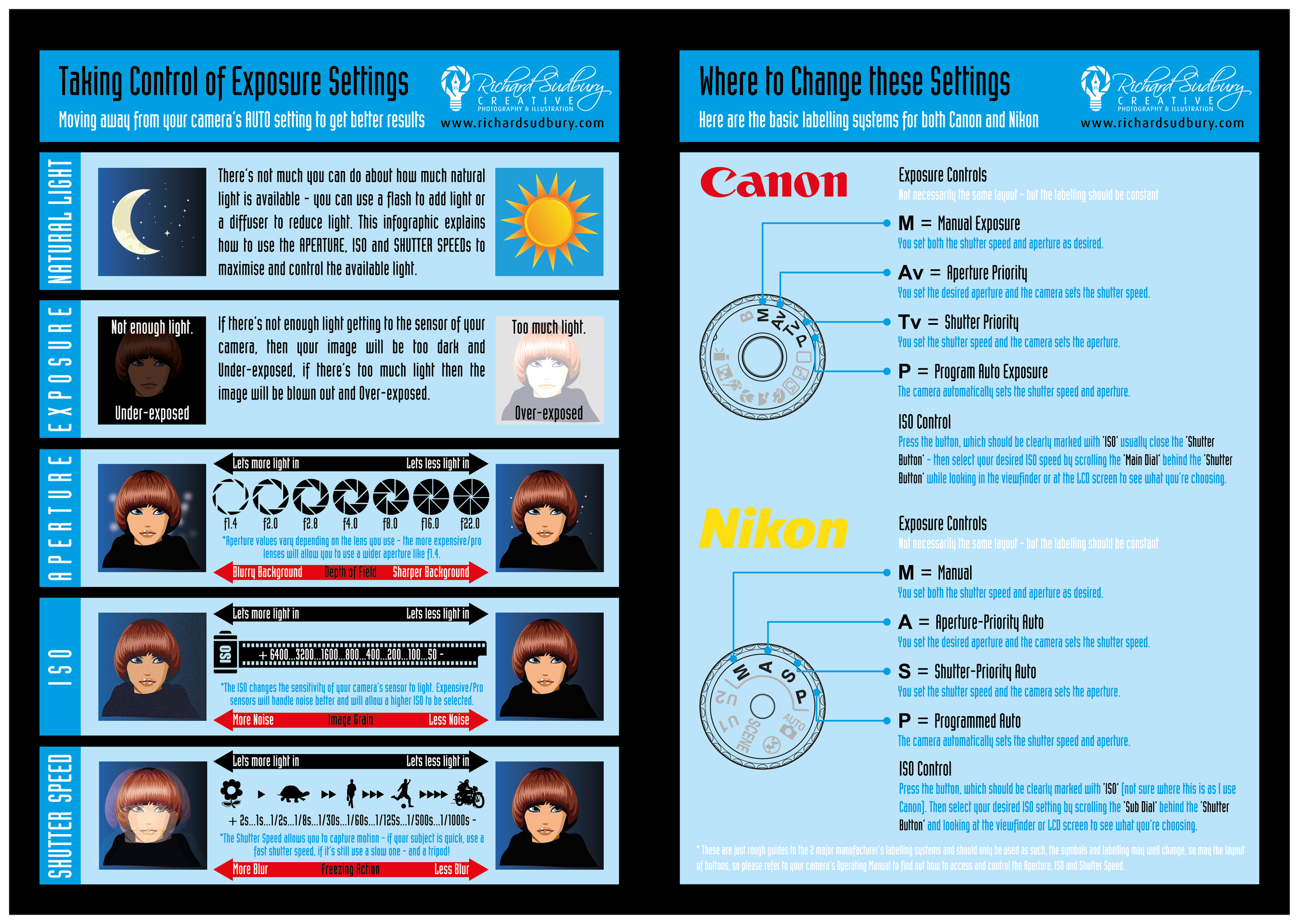Photography Tips For Beginners: Understanding Your Camera In No Time
Photography Tips For Beginners: Understanding Your Camera In No Time
Blog Article
Web Content Created By-Weber Dalton
When you first pick up your camera, it can feel frustrating with all the settings and options offered. You could find yourself wondering exactly how to browse aperture, shutter speed, and ISO successfully. Grasping these basics is important, but there's more to photography than simply technical knowledge. Comprehending structure methods and illumination conditions can elevate your images significantly. So, what happens if you could find out basic methods to enhance your skills and start capturing excellent images faster than you think? Let's explore how to transform your digital photography trip.
Understanding Electronic Camera Setups
Comprehending your cam setups is vital for catching sensational photos. When you pick up your electronic camera, familiarize on your own with the three major settings: aperture, shutter speed, and ISO. Each plays an important duty in just how your images turn out.
Beginning with aperture, which controls the amount of light going into the lens. https://www.euronews.com/living/2020/02/03/heartbreaking-photo-competition-winners-show-how-endangered-species-are-killed-by-plastic (reduced f-number) lets in more light and creates an attractive history blur, best for portraits. Conversely, a narrower aperture (greater f-number) maintains even more of the scene in emphasis, perfect for landscapes.
Next, focus on shutter speed. This setup determines how long your electronic camera's sensor is revealed to light. A fast shutter rate ices up motion, which is fantastic for action shots, while a sluggish shutter rate can create stunning results like smooth water in landscapes.
Lastly, readjust your ISO. This setup influences your video camera's sensitivity to light. A greater ISO works in low-light circumstances yet can introduce sound or grain. Aim for the lowest ISO possible while still accomplishing proper exposure.
Composition Techniques
When you're out capturing, make-up can make all the difference in how your images resonate with audiences. Begin by using the regulation of thirds; visualize your structure separated right into nine equivalent sections with two straight and two upright lines. Placement key elements along these lines or at their junctions to develop balance and passion.
Next off, consider leading lines. These all-natural lines in your scene, like roads or rivers, draw the customer's eye into the photo, leading them via the story you're telling.
Don't forget framing; use elements within your scene, like trees or windows, to produce a structure around your subject, including deepness and focus.
Also, watch on your background. A chaotic history can distract from your major subject, while a simple one aids it stand out.
Last but not least, experiment with proportion and patterns; they can create a striking picture that captures focus.
Mastering Illumination Conditions
Understanding illumination conditions is critical for capturing sensational photographs, as the ideal light can transform an average scene into something phenomenal.
Start by observing natural light at various times of the day. visit this web-site and late afternoons provide the very best light, called the gold hour. The soft, cozy tones throughout these times can enhance your images wonderfully.
Don't shy away from cloudy days either; diffused light can decrease severe shadows and produce a pleasing effect, particularly for pictures.
Explore backlighting by placing your topic against the light source. This strategy can create a fanciful halo effect and add deepness to your images.
Focus on your cam setups too. Adjust the ISO, aperture, and shutter rate to match the lights problems. A higher ISO can help in low light, however beware of grain.
Utilize a tripod in darker atmospheres to prevent blur.
Lastly, do not fail to remember artificial illumination. Flash and continuous lights can be excellent devices for regulating light in tough problems.
Verdict
To conclude, mastering your electronic camera doesn't have to be overwhelming. By recognizing your settings, applying structure techniques, and harnessing the power of all-natural light, you'll swiftly elevate your digital photography skills. Remember, practice makes perfect, so get out there and explore your newfound expertise. With time and commitment, you'll be recording spectacular photos that mirror your one-of-a-kind viewpoint. Enjoy the journey, and do not forget to have fun while you're at it!
